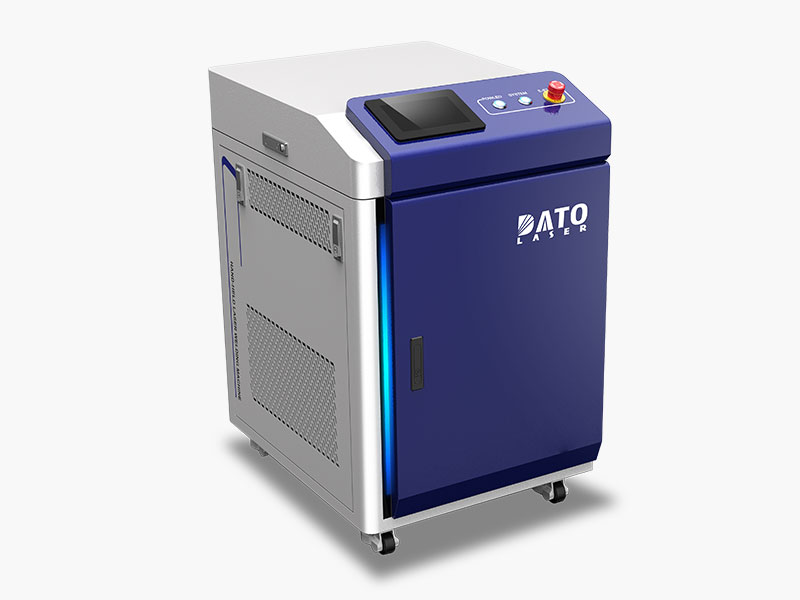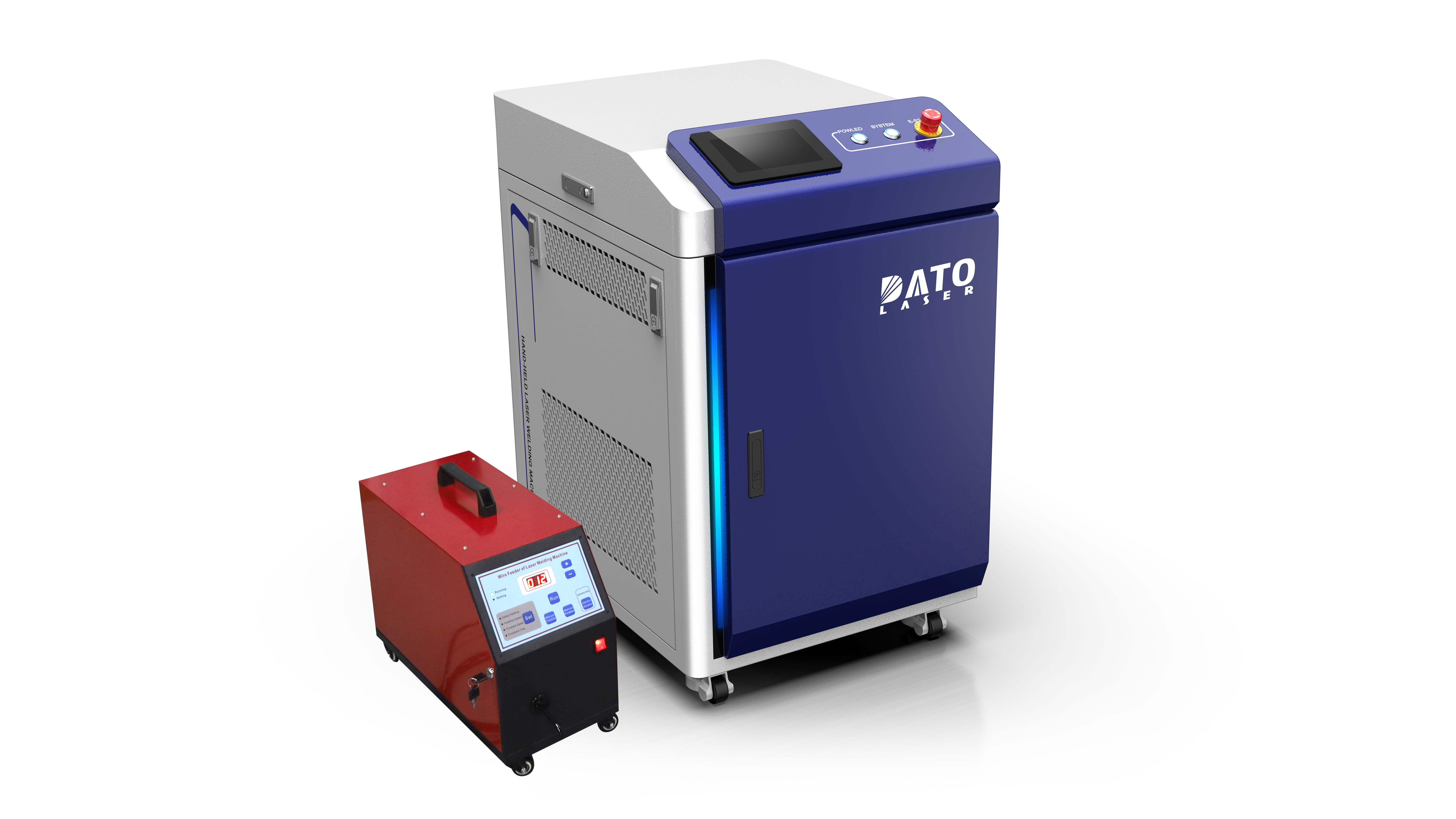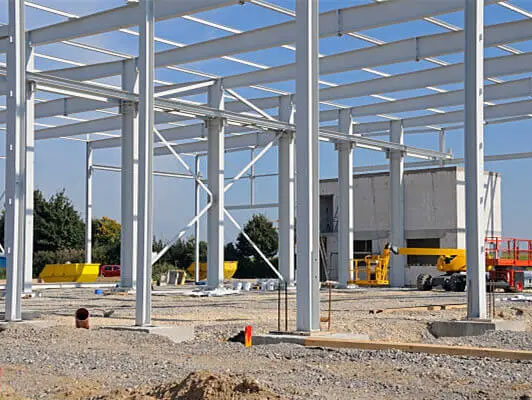Chinese Laser Welders vs Premium Brands: Honest Comparison Guide

In the world of industrial laser welding, the decision to invest in machinery is a pivotal one. Whether you’re a small workshop or a large-scale manufacturer, choosing between Chinese laser welders and premium international brands like Trumpf, Amada, or IPG can feel overwhelming. Each option comes with its own set of advantages, trade-offs, and long-term implications. This guide offers a detailed, impartial comparison to help you make an informed choice.
Understanding the Basics: What Defines a High-Quality Laser Welder?
Before diving into the comparison, it’s essential to understand the core features that define a reliable laser welding system. A high-performance laser welder should deliver precision, durability, energy efficiency, and seamless integration with automation systems. Key components like the laser source, cooling system, software controls, and after-sales support play a critical role in determining the machine’s value over its lifecycle.
Chinese manufacturers like DATO (Leapion) have made significant strides in recent years, closing the gap with premium brands by adopting advanced technologies and rigorous quality control standards. However, differences in engineering philosophies, material quality, and customer service models still exist. Let’s explore these factors in depth.
Cost Efficiency: Upfront Investment vs Long-Term Value
One of the most compelling reasons businesses consider Chinese laser welders is their affordability. Premium brands often come with a price tag that reflects their legacy reputation, proprietary technologies, and extensive R&D budgets. For example, a Trumpf laser welding system can cost 2–3 times more than a comparable Chinese model.
However, lower upfront costs don’t always translate to long-term savings. Here’s a balanced view:
Chinese Laser Welders
Lower Initial Cost: Companies like DATO offer fiber laser welders starting at $20,000–$50,000, depending on power and configuration. This makes them accessible for SMEs and startups.
Simplified Customization: Many Chinese manufacturers provide modular designs, allowing users to upgrade components (e.g., laser power, cooling systems) as their needs evolve.
Trade-Offs: While costs are lower, some components (e.g., optical lenses, laser diodes) may have shorter lifespans compared to premium brands, potentially increasing maintenance expenses over time.
Premium Brands
Higher Initial Investment: Systems from brands like Amada or IPG can range from $100,000 to $500,000+.
Long-Term Reliability: Premium brands often use military-grade materials and undergo stricter quality testing, reducing downtime and repair costs.
Resale Value: Machines from established brands retain higher resale value due to their perceived reliability and global service networks.
Technology and Performance: How Do They Stack Up?
Modern laser welding demands precision, speed, and adaptability. Let’s break down the technological differences:
Laser Source Quality
The laser source is the heart of any welding system. Chinese manufacturers typically use fiber laser sources from companies like IPG or Raycus, which are also suppliers to premium brands. However, the integration and calibration of these components can vary.
Chinese Models: DATO’s laser welders, for instance, utilize IPG-like fiber lasers with power ranges from 500W to 6,000W. These systems achieve welding depths of up to 10mm on stainless steel, comparable to mid-tier premium machines.
Premium Brands: Companies like Trumpf develop proprietary laser sources optimized for ultra-high stability and beam quality, enabling finer welds (e.g., <0.1mm accuracy) for aerospace or medical applications.
Automation and Software
Automation capabilities are critical for high-volume production.
Chinese Systems: Many Chinese laser welders now feature user-friendly CNC interfaces and compatibility with robotic arms (e.g., KUKA, Fanuc). DATO’s Leapion series, for example, includes AI-driven software for real-time parameter adjustments.
Premium Brands: Premium systems often come with advanced software suites (e.g., Trumpf’s TruTops) that offer predictive maintenance alerts, 3D simulation, and deeper integration with Industry 4.0 ecosystems.
Energy Efficiency
Chinese manufacturers have prioritized energy-saving designs to compete globally. DATO’s machines consume ~30% less power than older models, rivaling European efficiency standards. Premium brands still lead in ultra-low energy consumption modes for idle times.
Durability and Maintenance: Which Lasts Longer?
Durability hinges on build quality, component sourcing, and maintenance protocols.
Material Quality: Premium brands often use hardened steel frames and corrosion-resistant coatings, ideal for harsh environments. Chinese machines may use commercial-grade materials but have improved significantly—DATO’s welders now feature ISO 9001-certified assembly lines.
Cooling Systems: Chinese models sometimes use air-cooled systems to reduce costs, which can overheat during prolonged use. Premium brands rely on industrial chillers for consistent performance.
Service Networks: While companies like DATO offer 24/7 online support and global spare parts hubs, premium brands have physical service centers in most countries, reducing downtime for critical repairs.
Use Case Scenarios: Which Option Fits Your Needs?
Your choice depends on your industry, budget, and production demands.
Choose a Chinese Laser Welder If…
You need a cost-effective solution for light to medium-duty welding (e.g., automotive parts, consumer electronics).
Your workflow requires flexibility for future upgrades.
You operate in a region with reliable local technical support.
Invest in a Premium Brand If…
You require micron-level precision for high-value components (e.g., medical implants, aerospace turbines).
Your facility operates 24/7 and cannot afford unplanned downtime.
Long-term ROI and resale value are top priorities.
The Verdict: Balancing Budget and Performance
Chinese laser welders have evolved into credible alternatives to premium brands, particularly for SMEs and applications where absolute precision isn’t critical. Brands like DATO (Leapion) now match global standards in core areas like laser stability, automation, and energy efficiency while maintaining a 30–50% cost advantage.
That said, premium brands still dominate niches requiring uncompromising reliability or cutting-edge innovation. For manufacturers with tighter tolerances or those operating in highly regulated industries, the investment in a Trumpf or Amada system may still be justified.
Ultimately, assess your specific needs, request live demos, and compare warranty terms before deciding. Many Chinese manufacturers now offer lease-to-own programs and extended service contracts, further bridging the gap with premium competitors.
Final Tip: Always verify certifications like CE, FDA, or ISO when evaluating suppliers. Reputable Chinese brands like DATO openly share compliance documents, ensuring their machines meet international safety and performance benchmarks.
Related Blogs
-
 Exploring the Safety, Precision, and Industrial Benefits of Laser Surface CleaningIn today’s fast-paced industrial world, where quality, efficiency, and sustainability are top priorities, manufacturers are constantly seeking better ways to clean metal surfaces without compromising material integrityBlog
Exploring the Safety, Precision, and Industrial Benefits of Laser Surface CleaningIn today’s fast-paced industrial world, where quality, efficiency, and sustainability are top priorities, manufacturers are constantly seeking better ways to clean metal surfaces without compromising material integrityBlog -
 A Complete Guide by DATO and LeapionIn modern industry, surface preparation and maintenance play a crucial role in achieving high-quality manufacturing results. Laser cleaning machines have emerged as one of the most innovative, efficient, and environmentally friendly tools for removing contaminantsBlog
A Complete Guide by DATO and LeapionIn modern industry, surface preparation and maintenance play a crucial role in achieving high-quality manufacturing results. Laser cleaning machines have emerged as one of the most innovative, efficient, and environmentally friendly tools for removing contaminantsBlog -
 Laser cleaning machines are revolutionizing industrial surface cleaning by offering a faster, safer, and more eco-friendly alternative to traditional methods. Whether removing rust, paint, oil, oxide, or other surface contaminants, laser cleaning has become a cutting-edge solution in manufacturing,Blog
Laser cleaning machines are revolutionizing industrial surface cleaning by offering a faster, safer, and more eco-friendly alternative to traditional methods. Whether removing rust, paint, oil, oxide, or other surface contaminants, laser cleaning has become a cutting-edge solution in manufacturing,Blog -
 Introduction: Transforming EV Battery Manufacturing Through Laser TechnologyThe electric vehicle revolution has accelerated dramatically over the past decade, bringing with it unprecedented challenges and opportunities in battery manufacturing. As global automakers commit billions to electrificationBlog
Introduction: Transforming EV Battery Manufacturing Through Laser TechnologyThe electric vehicle revolution has accelerated dramatically over the past decade, bringing with it unprecedented challenges and opportunities in battery manufacturing. As global automakers commit billions to electrificationBlog















